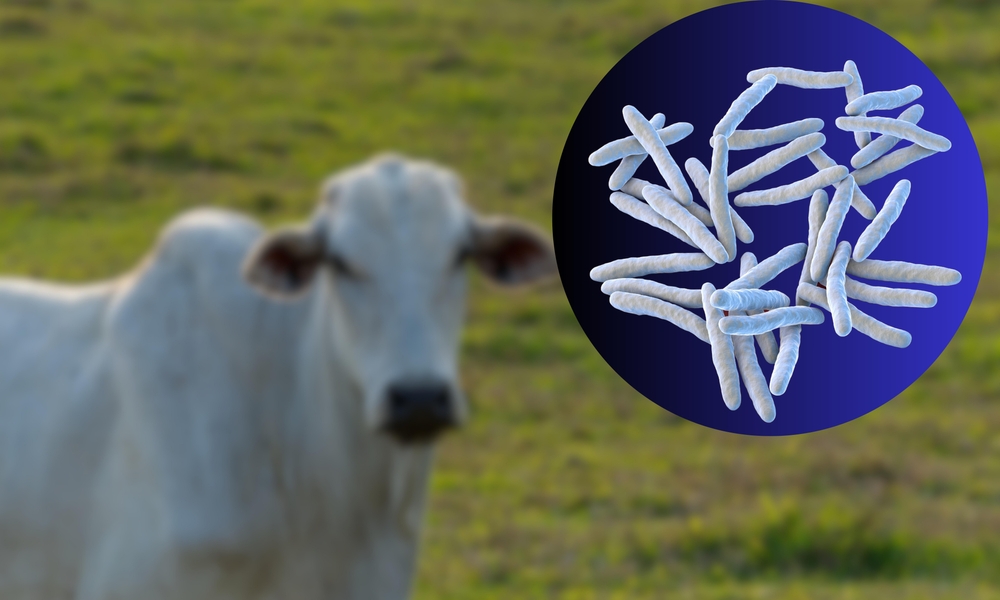Source: Phys.Org
A new study by researchers from University College Dublin, University of Edinburgh, and ETH Zurich has identified 115 genes linked to susceptibility to bovine tuberculosis (bTB), a disease caused by Mycobacterium bovis that affects cattle and can transmit to humans. Published in Communications Biology, the research offers critical insights into the genetic and immune responses that influence how cattle respond to infection.
Using a transcriptome-wide association study (TWAS) and integrating genome-wide association study (GWAS) data, the team pinpointed genes involved in proinflammatory immune responses, which may affect an animal’s ability to fight off the disease. Since M. bovis is 99.95% genetically identical to Mycobacterium tuberculosis, the study’s findings may also shed light on human TB immunity. The researchers emphasize the potential for developing better diagnostics and breeding strategies for disease-resistant cattle and support a One Health approach that links human and animal health in tackling TB globally.
Read the full story HERE: https://phys.org/news/2025-03-susceptibility-bovine-tuberculosis-cattle-key.html#google_vignette

